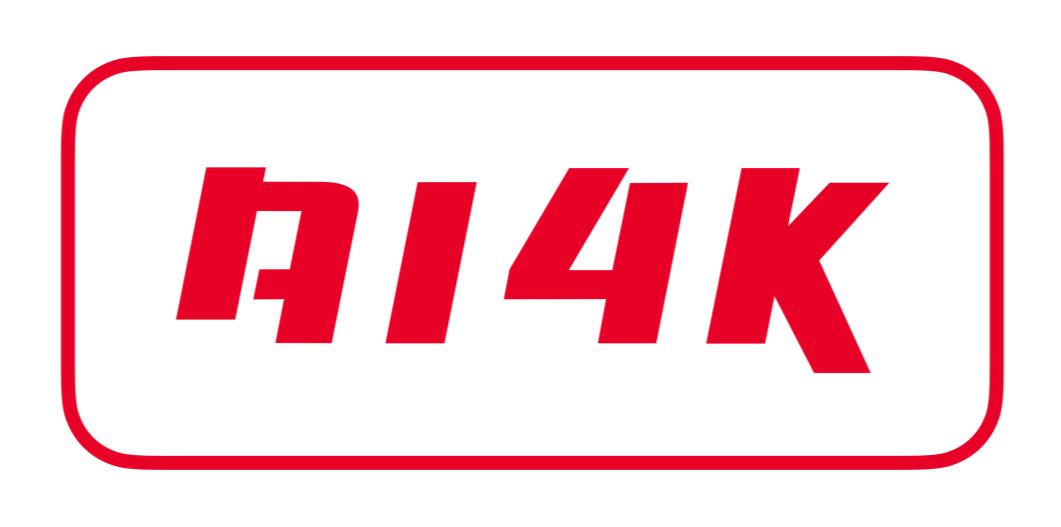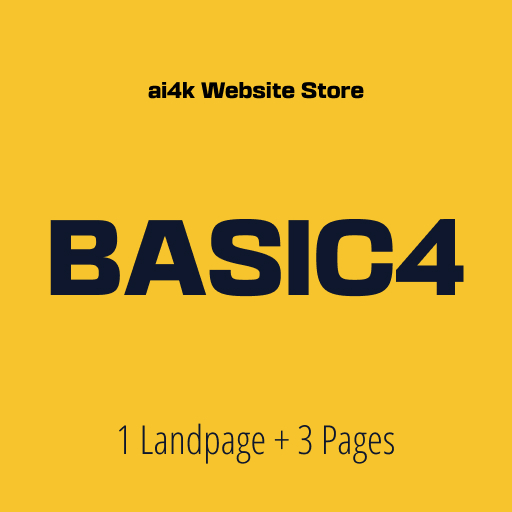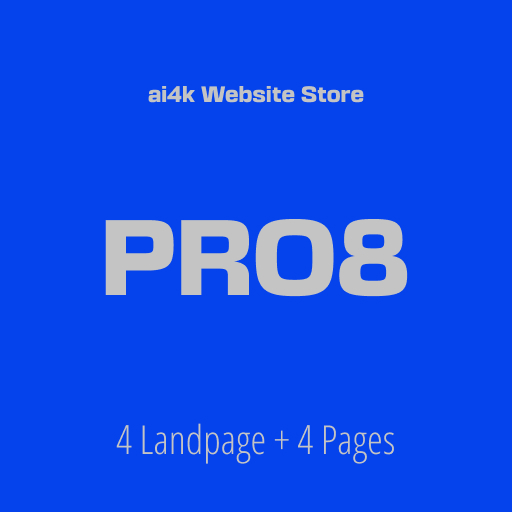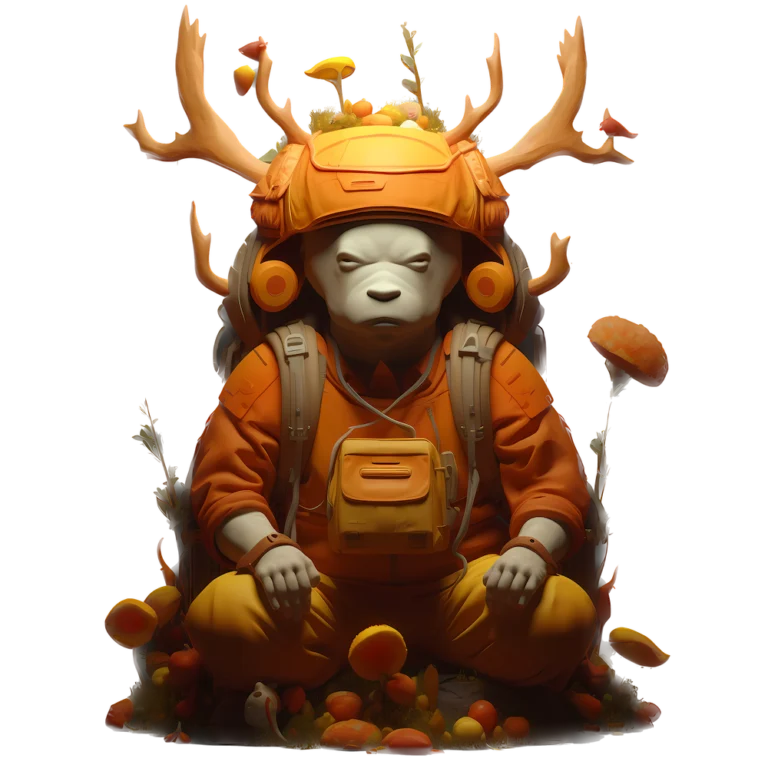SEO and Generative AI
Former Search Engine Optimization (SEO 1.0) has been a critical aspect of digital marketing for years, helping businesses increase their online visibility and attract more organic traffic to their websites, not without criticisms of Google search engines for how shady way they manage the positioning rankings.
With the rapid advancements in artificial intelligence (AI) technology and the evolution of the search engine paradigm, it has become increasingly important for businesses to adopt a dynamic and new SEO strategy (or SEO 2.0) that evolves with these changes.
AI-powered tools can help businesses analyze search engine data and optimize their websites more effectively. In contrast, the new paradigm of search engines has shifted towards prioritizing user intent and providing personalized results, with AI Chatbots like ChatGPT as middle-man.
AI-written content and AI-Image generators have only a few months in the online stage. They have caused a total disruption in every aspect of the SEO sphere, and the way we position websites in search engines, not only because of the new AI tools or the new search engines with chatbot capabilities, but because they have opened a new way to get traffic to websites.
New great quality images can be created quickly if the user inputs the correct prompt. New fast pivot strategies for business or powerful marketing ads for example, just by typing the perfect prompt.
In this context of the Generative AI, an SEO strategy that adapts quickly is essential for businesses looking to remain competitive and succeed in the digital landscape.
Why SEO 2.0
SEO should include conversion
Is not ethical to sell an SEO strategy that at least doesn’t include a kind of conversion.
We understand conversion not only as the selling of a product or service, but the brand recognition, and other subtle definition we can track in the analytics. The reason for this is that we are deeply convinced that a website of any kind must serve a purpose. In that sense, that goal defines the set of tactics to get the conversion. Those tactics can be SEO on-page, website performance with customer interaction, and SEM campaigns.
SEO 2.0 is a holistic strategy
SEO 2.0 is a strategy that involves the use of other means: online ads, social media, email lists, etc to attract traffic to the website, traffic that converts.
What about SEM (Search Engines Marketing)?: SEM is only related to the purchase of ads on top of the SERP (search engine results page).
Search Engines lost credibility
SEOs old school are naive to think a huge advertising company like Google will give the secrets to win the web race in the SERP, when Google itself sells those positions to the highest bidder.
SEOs 2.0 don’t trust in search engines, especially on Google, although they understand that complying with their guidelines (SEO On-Page) is important to position a website via SEM.
SEO 1.0 is Slow
Before, the only way to rank relatively fast and “cheap” is to bypass Google rules, using backlinks (Black SEO), with the high risk of being banned later. Personally, I can’t rely on a strategy that is out of my control like backlinks.
If for any market condition with little competition, a website manages to position itself using SEO 1.0, Google could return it to zero impressions with an update or with a manual intervention.
Today, social media, influencer marketing, email marketing, SEM, and everything in between, can work together to get the desired traffic. We have the power of ChatGPT to create content and SEO strategies.
The correct User Journey approach
SEO 2.0 specialists know the difference between the google user in the SERP and the user of the website we are working on. Those are two users with different paths and with different goals that sometimes look the same. There are more search engines, and more media to get conversion traffic for a website.




